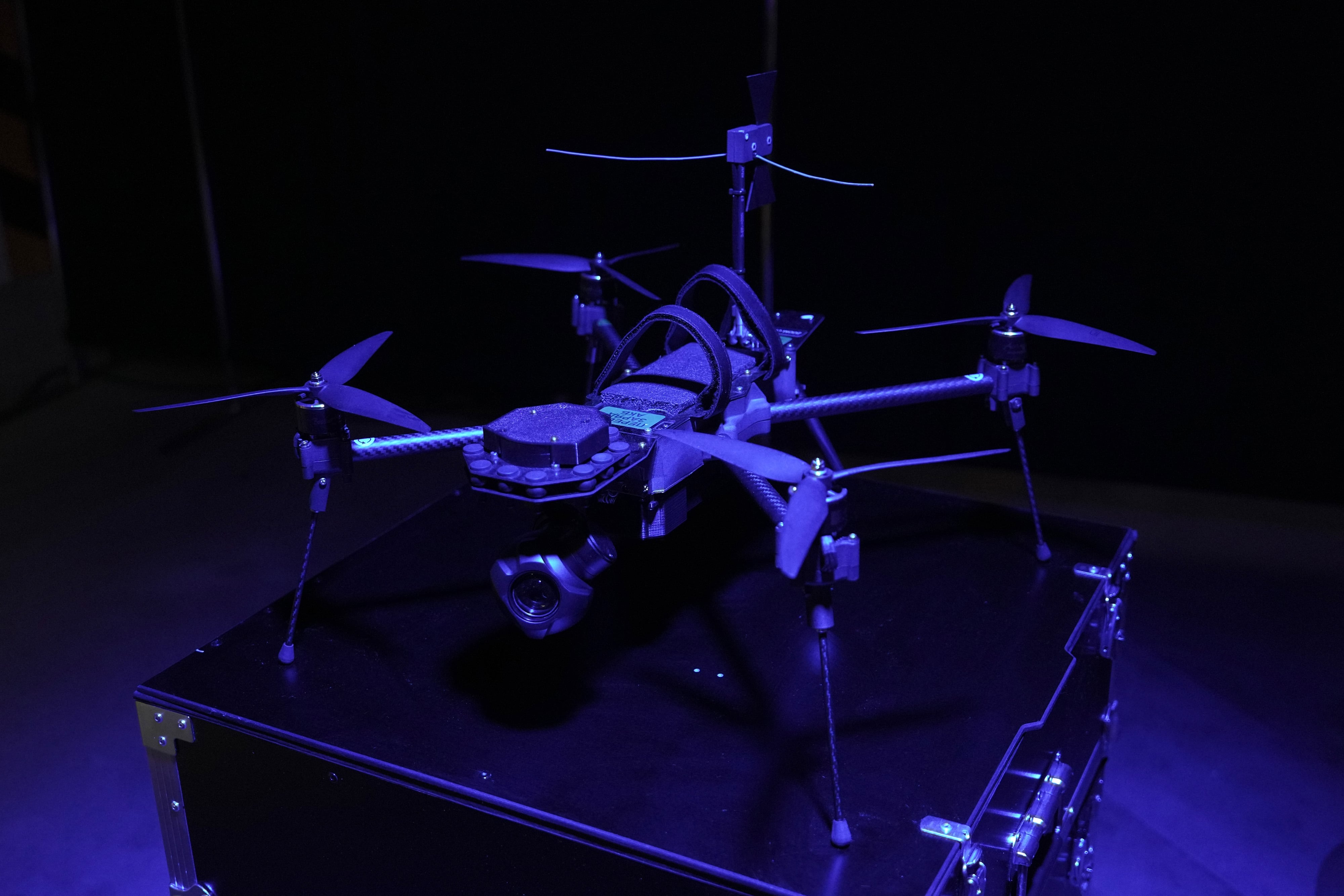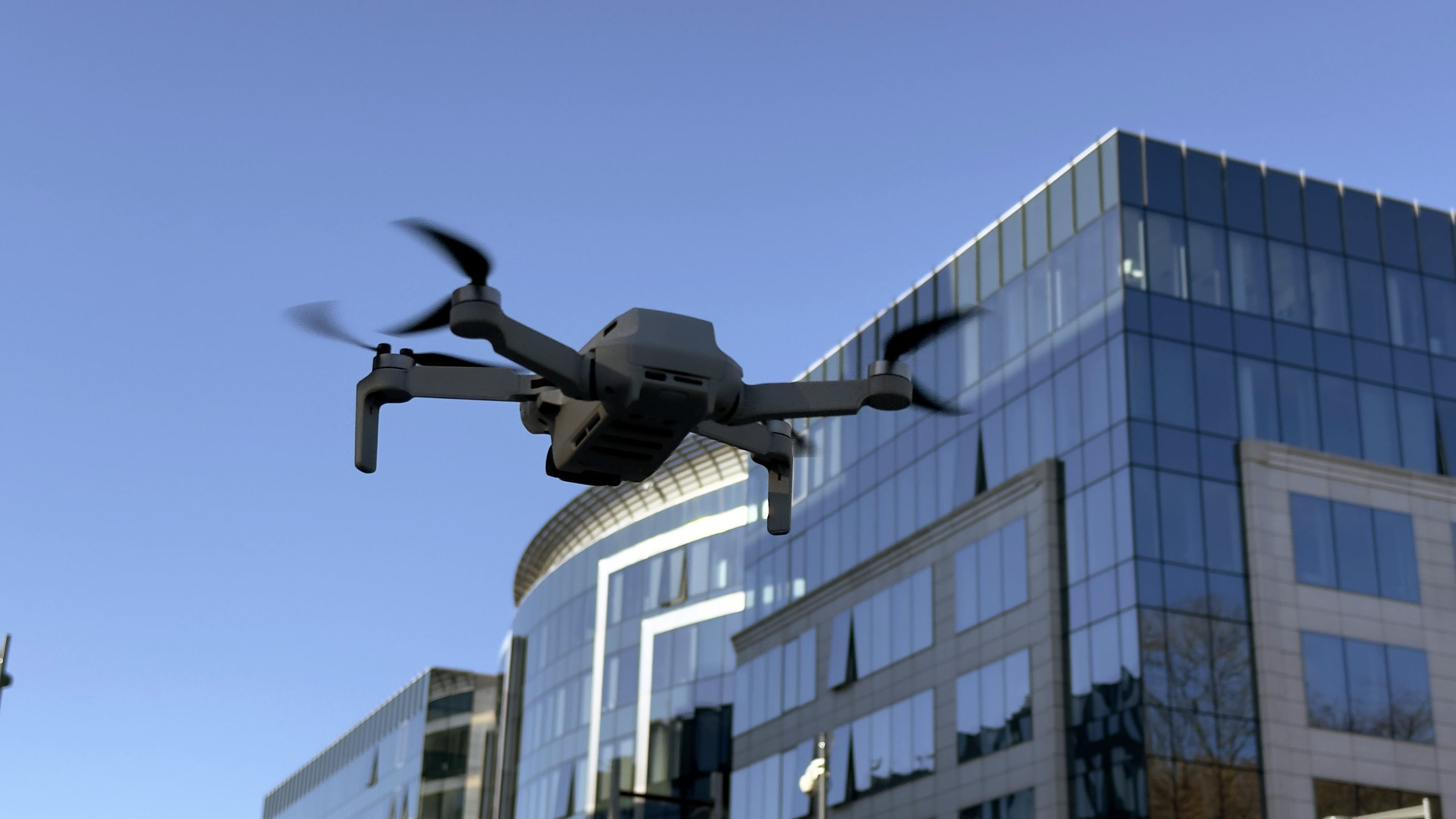Lawmakers want the National Geospatial-Intelligence Agency to get moving on automating image processing and have passed legislation to nudge the agency in the right direction.
Even as the NGA is receiving more data than ever before, it lacks the necessary manpower to process it all in a timely manner. To compensate, the agency uses software that automates rote image processing and frees up staff to analyze the intelligence — or at least that’s how it’s supposed to work.
But according to the House of Representatives, the NGA is moving far too slowly on adopting automation techniques and their intelligence analysts are simply unable to keep up with the torrent of data pouring into the agency. The Intelligence Authorization Act passed by the House July 17 demands the NGA brief lawmakers on where it is in its efforts to increase automation and encourages the agency to speed things up.
In a House Permanent Committee on Intelligence report on the bill, representatives noted that years of research on innovation has not translated into wider adoption of automation by the NGA.
“The Committee is concerned that NGA does not dedicate adequate resources to integrate new automation techniques which have resulted in years of research into the issue, but limited operation gains during day-to-day imagery processing,” reads the report.
The House bill requires the NGA to brief the committee on its plan to automate image processing and its efforts to recruit mathematicians, data scientists and software engineers who can help the NGA move faster in adopting automation. At the same time, it encourages the NGA to continue using the Voluntary Early Retirement Authority and Voluntary Separation Incentive Program to create a workforce more in line with the goal of automation.
The report also criticizes the agency for developing software that is already commercially available. The House is now requiring that the NGA brief the committee on every piece of software its developing and explain why they aren’t purchasing commercial alternatives instead. In that same vein, the legislation encourages the NGA and the National Reconnaissance Office, the agency charged with acquiring and managing the nation’s spy satellites, to contract for commercial software and satellite capacity in order to lower costs and relieve pressure on a limited staff.
The Senate passed its version of the bill last month as part of the annual defense spending bill. The members of the House and Senate will now go to conference to hash out any differences between the two pieces of legislation.
Nathan Strout covers space, unmanned and intelligence systems for C4ISRNET.








